In the next few weeks, I will be speaking at a few events. If you are a writer or publisher, these might be up your alley:
- Branding Yourself
Friday, January 21st, 2011 | 6:00 – 6:50 pm
No matter what you write, you’re writing for a community of readers – a group of people bound together by a common interest, passion or value. Many of us are crafting work that we believe will appeal to community members, but are falling woefully short in getting their attention once the work is done. Succeeding in that particular endeavor takes an understanding of both what that community really wants as well as how to make them aware of your own personal brand and what it means for them. In this session, you’ll learn how to establish your “brand,” create engaging content and get it in front of your community – the three crucial steps necessary to make it as a writer. - Panel: How to Use Social Media to Get Noticed and Sell Your Work
Sunday, January 23rd, 2011 | 9:00 – 9:50am
Dan Blank, Kate Rados, Guy LeCharles Gonzalez, Moriah Jovan
There’s been a lot of talk about how investing in social media is necessary for writers who want to succeed. But what does it all mean? How do you facebook, tweet, blog and post effectively? And how much time – time that takes away from actually writing – should you spend doing it? - Blogging as a Platform and Publicity Machine
Sunday, January 23rd, 2011 | 11:00 – 11:50 am
Learn how to use online media to connect with other writers, readers and those who can help you to fulfill your goals in writing and publishing. Having a blog is an incredibly effective way to help you do so – but only if you know how to use it properly. In this session, you’ll discover not only the power of blogging, but the step-by-step process of creating a blog, developing its content, managing the process, and using it to market yourself and connect with others online. This special session, created by Dan Blank specifically for the Writer’s Digest Conference, is adapted from his exceptionally popular Writer’s Digest online class, Blogging 101.
- Content Strategy: How to Serve Your Community by Developing Great Online Content
Monday, January 24th, 2011 | 10am – 1pm
Content Strategy, Content Marketing, and Community Management have become big news, promising the ability to directly engage with your readers in new and profitable ways. But which platforms, networks and tools are the most effective? And how does “great” content stand out online?In this intensive workshop, content strategist and online marketing expert Dan Blank will take a deep dive into these questions, with the goal of developing an actionable online content strategy for engaging directly with readers.
Topics that will be covered:
• How to find and engage readers and existing communities.
• Understanding your readers’ needs, and tactics to identify them.
• How to create and curate high-quality online content.
• How to use blogs, email and social media networks effectively.
• How to measure, analyze and adjust tactics to ensure a profitable content strategy.This workshop will focus on the strategies and tactics editors, marketers, and authors can use to develop an individualized roadmap for creating and curating valuable online content that serves the needs and desires of their communities.
- UPDATE: Panel: The Art and Authenticity of Social Media: Using Online Tools to Grow a Community
I was a late edition to this panel, replacing Guy Gonzalez. Topics covered: Social media is easy to disparage as meaningless socializing, undignified shilling, or time better spent writing. Yet sharing information online and having conversations with readers is critical to spreading the word about what you (or your organization) does. Online community building can help develop a long-term readership, plus open up new opportunities. This panel discusses meaningful online social interaction, and how the panelists have seen it advance their careers or their organizations. - CLMP Workshop for Presses—Marketing your books online: Virtual Touring, Social Media, and Promotion in the Digital Age
Friday, February 4, 2011 | 1:30pm – 4:15pm
Kate Travers and Dan Blank
This session outlines ways that book publishers and authors can market their books and engage readers with low-cost, high-value online strategies. The virtual book tour provides a way for indie presses on a shoestring to schedule author readings not limited by cost or coast. Social media tools such as Twitter, can be used to promote authors, publishers, and create a dialogue with the community and readers you are hoping to reach. Learn how you can utilize these mediums in the new digital age of publishing! (Note: CLMP Workshops cost $30 for CLMP members and $60 for nonmembers. To register, please stop by the CLMP booth at the Bookfair.)
Thanks.
-Dan

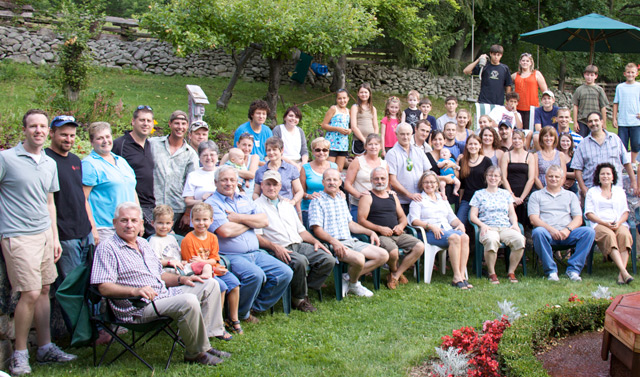
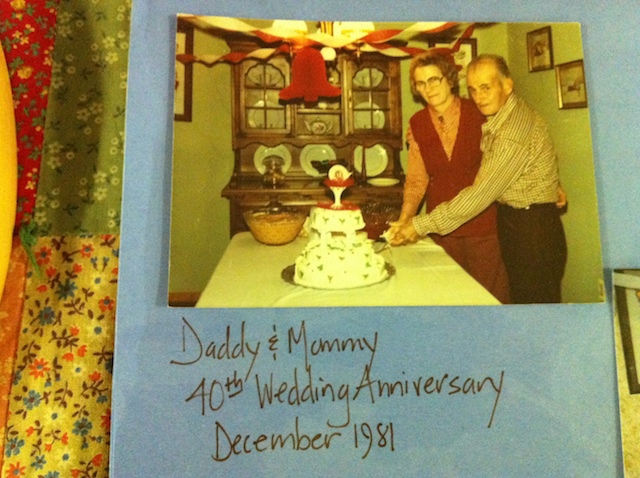
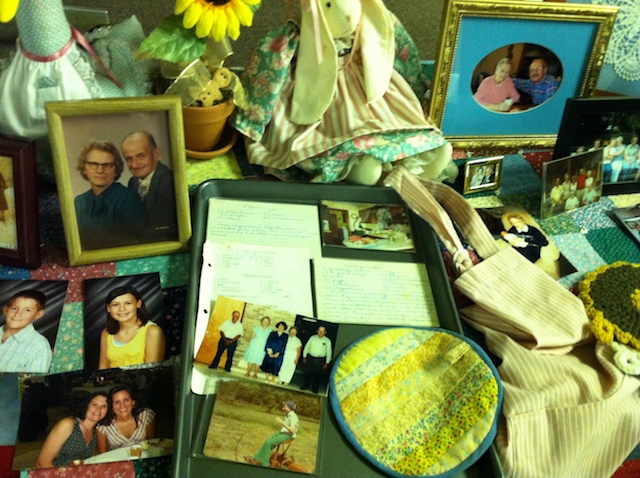
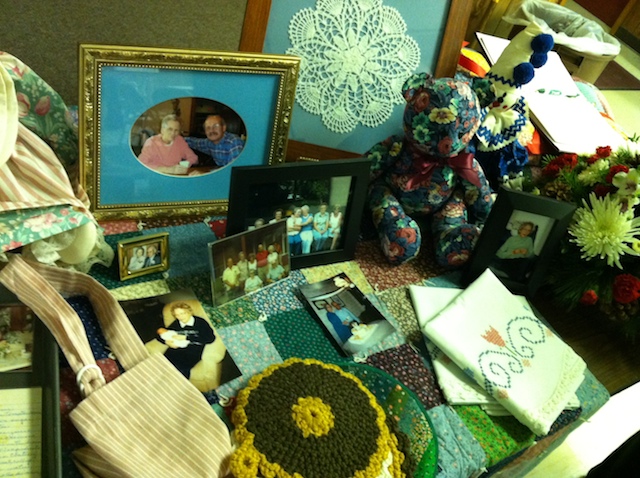
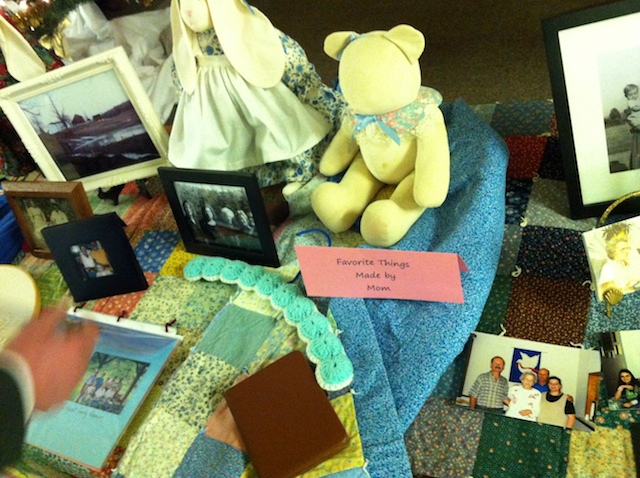

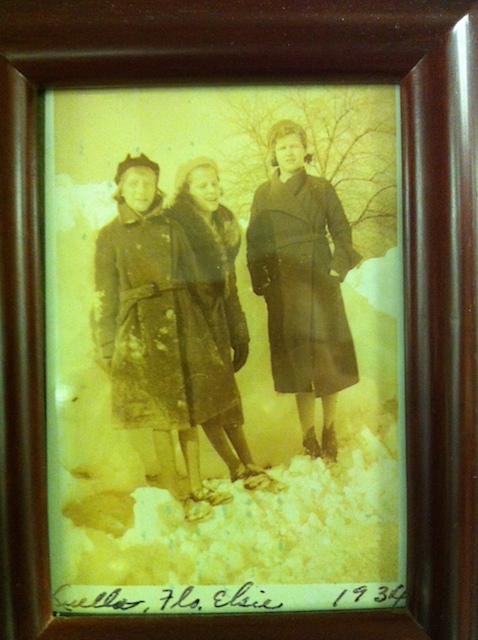
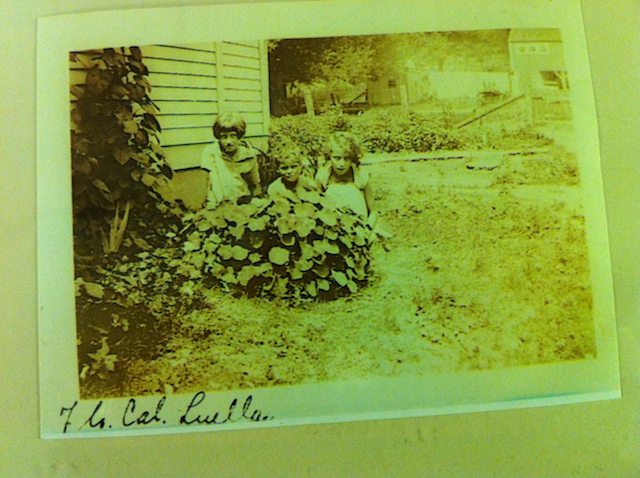
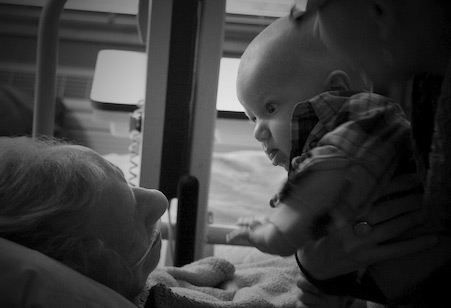
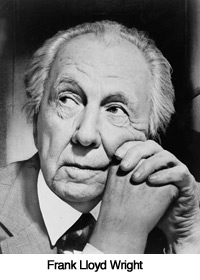 In the past, Wright had openly spoke out against the international style, and felt that architects who embraced it were creating soulless work. But for the MOMA exhibit he did something that surprised everyone: he began using stylistic elements that were emblematic of the international style. The thing about it is, he adopted the best of their style, and mixed it with his own sensibility.
In the past, Wright had openly spoke out against the international style, and felt that architects who embraced it were creating soulless work. But for the MOMA exhibit he did something that surprised everyone: he began using stylistic elements that were emblematic of the international style. The thing about it is, he adopted the best of their style, and mixed it with his own sensibility.